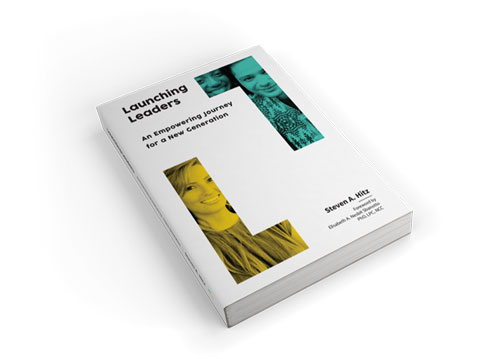We recently traveled to Ireland, where a jail and a church, just a few blocks from each other in the city of Dublin, caused me deep reflection. Kilmainham Gaol (jail)—is now a historical site. This prison established in 1796 housed both common criminals and also political prisoners involved in Ireland’s struggle for independence. There is a long list of famous prisoners including the leaders of the 1916 Easter Rising, 14 of those were executed in the Stonebreakers Yard.
As I learned the history of this era, where citizens were fighting for independence and religious freedom, my heart broke. I reflected on the current political chaos in my own country where there is no such thing as discussing opposing views without vitriol – or so it seems. It’s been decades since two sides of the political aisles could come together in bi-partisan fashion for the good of the whole. Where reconciliation overruled hate.
I’m not penning this experience to cause anyone to walk in the cloud of despair that I did on this day. No, I found at the end of these experiences something that gave me hope.
Only a few blocks away from this historical site is the magnificent St. Patrick’s Cathedral. Established over 800 years ago – long before the jail. What a contrast; harsh retribution and death vs a hope of reconciliation.
Within this cathedral is displayed a giant door taken from a nearby Cathedral Chapel House, known as “The Door of Reconciliation.” The phrase to “chance your arm” is often used in describing someone taking a risk. It was fascinating to learn the role this medieval door played in its origin.
In 1492, two feuding families, the Butlers of Ormonde and the Fitzgeralds of Kildare, were engaged in battle. Sensing an impending defeat, the Butlers fled the battlefield and took sanctuary in the Cathedrals Chapter House. The Fitzgerald’s followed in pursuit, but instead of fighting, proposed a truce. Calling out to the Butlers through the Chapter House door, Gerald Fitzgerald, head of the family, guaranteed them safe passage from Dublin. However, the Butlers refused this offer, believing it to be a trap.
To prove his sincerity, Gerald Fitzgerald ordered a hole be cut in the door. He thrust his arm through it, offering it in peace. Convinced, the Butlers shook his hand. Today the story lives on in the famous expression ‘to chance your arm’.
This story of trust touched me. Gerald could have had his arm chopped off. His desire for peace was greater than the possible loss of his arm.
In our world, thankfully we don’t commonly have such physical wars between families (though the undertone of indifference can still boil close to the surface). What we do often experience are other forms of battle that still cause hatred and wars in our hearts and souls which go on for decades. In addition, we experience social media warfare such as cancel culture, and the damage to others’ reputations with false claims and identity theft which can harm and ruin lives—all through the use of a cell phone.
One prisoner in Kilmainham Gaol, Patrick Pearse, who was executed for his part in the Easter Rising (an organized rebellion against harsh British rule which was a pivotal moment to the eventual establishment of the Irish state), wrote this poem to his mother the day before his execution in May 1916. He wrote it as if from a mother’s perspective, perhaps as a way to process the grief of losing her sons.
The Mother
I do not grudge them: Lord, I do not grudge
My two strong sons that I have seen go out
To break their strength and die, they and a few,
In bloody protest for a glorious thing,
They shall be spoken of among their people,
The generations shall remember them,
And call them blessed;
But I will speak their names to my own heart
In the long nights;
The little names that were familiar once
Round my dead hearth.
Lord, thou art hard on mothers:
We suffer in their coming and their going;
And tho’ I grudge them not, I weary, weary
Of the long sorrow – And yet I have my joy:
My sons were faithful, and they fought.
This poem penetrates my heart—knowing there could have been a better way.
I would have never imagined that a visit to a historic jail and a historic church, and the juxtaposition of those two events could have left such a lasting impact on me. In contemplating these two powerful experiences in my life, I thought of some of the words of the beautiful song by the Beatles, ‘Imagine’:
Imagine all the people, livin life in peace. You may say I’m a dreamer, but I’m not the only one, I hope someday you’ll join us, and the world will be as one.
My hope is that we can figuratively be as brave as Gerald Fitzgerald, and “chance our arm,” expecting a blessed handshake, forgiveness, and indeed, RECONCILIATION as we reach across our differences and forge bridges of peace and understanding.
Maybe I’m a dreamer.








